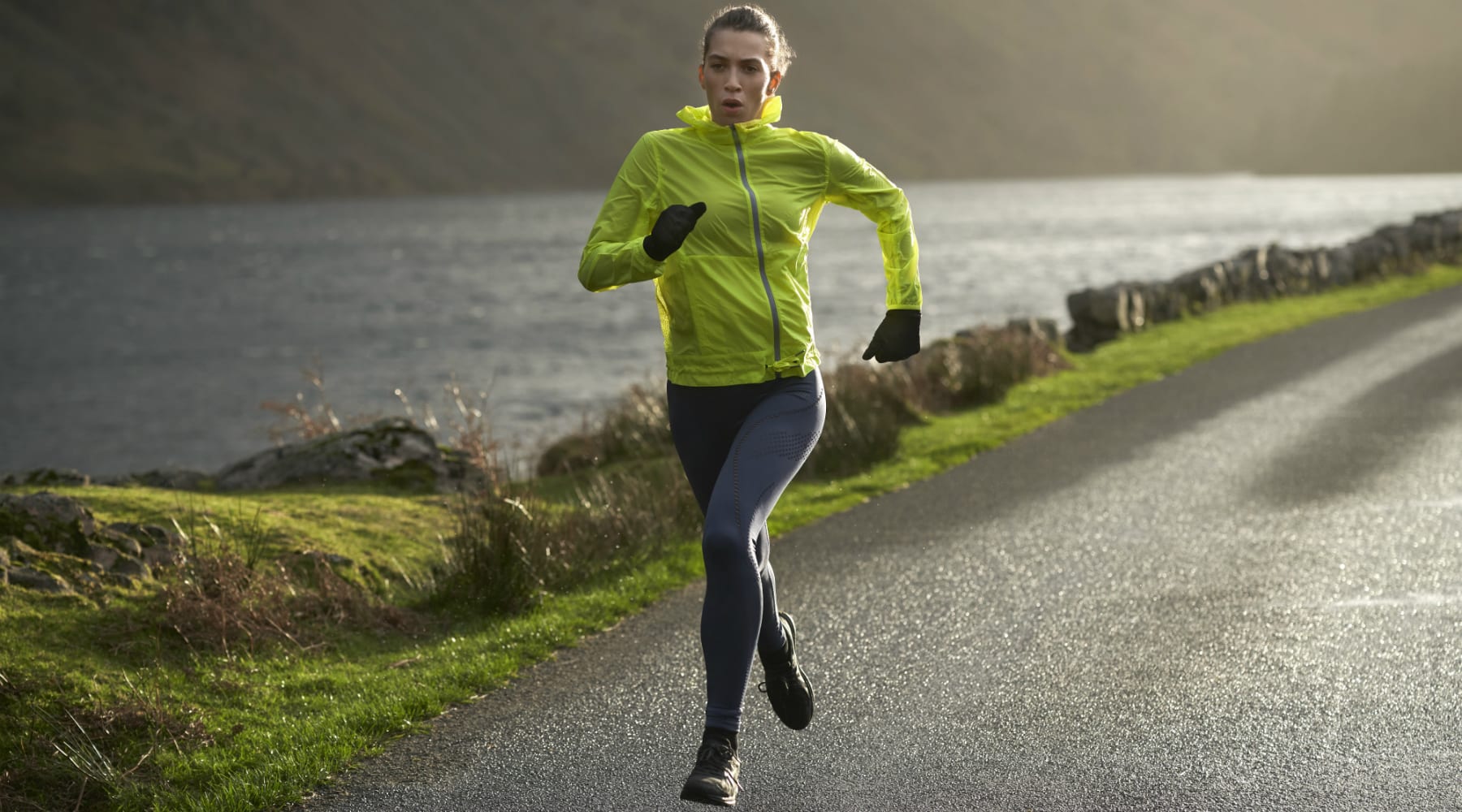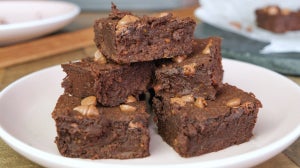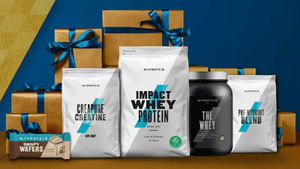
The ultimate life goal — be fit and feel young. If only there was a one-word answer to achieving this… Well, according to a study in The European Heart Journal, there is — running.
We’ve known for a long time that there are great health benefits of any form of exercise, but what’s rarely focused on is how exercise can affect your body’s ageing process.
The study, run by researchers from Leipzig University in Germany, compared the impact of endurance, HIIT and resistance training on the body, with 124 healthy volunteers that had all been classified as “inactive” before the experiment.

How the experiment worked
The volunteers were each randomly assigned one of the three activities, which they then trained in three times per week for six months. The HIIT training meant a warm up, followed by sprint intervals, the resistance training was made up of various weights exercises, while the endurance training involved going on long runs.
The researchers then looked at the cellular effects that these different forms of exercise had. This focused mainly on telomerase activity and telomere length.
What’s a telomere?
A telomere is a stretch of DNA found at the end of our chromosomes that protects our genetic data and makes it possible for them to divide. Each time a cell divides, telomeres get shorter until the cell can’t divide anymore. The shortening process is what’s associated with ageing. Telomerase is an enzyme that helps to lengthen telomeres, therefore slowing down the shortening process.3
Studies have already shown that physical activity encourages telomerase production, as well as that shortened telomeres are associated with cardiovascular disease.1
What did they find?
The study showed that the running activity massively increased telomerase activity and telomere length, but this rise wasn’t seen in those who did resistance training. This means that the endurance and HIIT training is more beneficial to healthy cellular ageing, so this means it’s good for general bodily ageing too.
According to the study, the data underlines the potency of exercise in reducing the impact of age-related diseases. This is because telomere length and telomerase is linked with cardiovascular disease as well as cancer.2-3
Dr Christian Werner, co-author of the study, believes that the results are down to evolutionary factors. He says, “From an evolutionary perspective, endurance and high intensity training may mimic the advantageous travelling and fight or flight behaviour of our ancestors better than strength training.”
What exercise should you do then?
Well, if you’re looking for a workout with anti-ageing properties, then this study suggests that you should give running a try — either HIIT or endurance running will make a difference to your cell health. This doesn’t mean, however, that you should ditch the dumbbells. Studies have shown that weight training can reduce the occurrence of sarcopenia (the age-related decline in muscle mass).4
Take Home Message
If you’re looking to keep yourself on top form, then of course exercise is the answer. While this study has seen results for endurance training, if you can’t bear to run, then taking up any sport will improve your physical ability, as well as your confidence. So, strike that balance, be active, and you’ll reap the rewards.
1 Werner, C., Fürster, T., Widmann, T., Pöss, J., Roggia, C., & Hanhoun, M. y Laufs, U.(2009). Physical exercise prevents cellular senescence in circulating leukocytes and in the vessel wall. Circulation, 120(24), 2438-2447.
2 López-Otín, C., Blasco, M. A., Partridge, L., Serrano, M., & Kroemer, G. (2013). The hallmarks of aging. Cell, 153(6), 1194-1217.
3 Siegel, L. (2013). Are telomeres the key to aging and cancer?. Learn. Genetics. The University of Utah. Retrieved, 30.
4 Thomas, D. R. (2010). Sarcopenia. Clinics in geriatric medicine, 26(2), 331-346.








